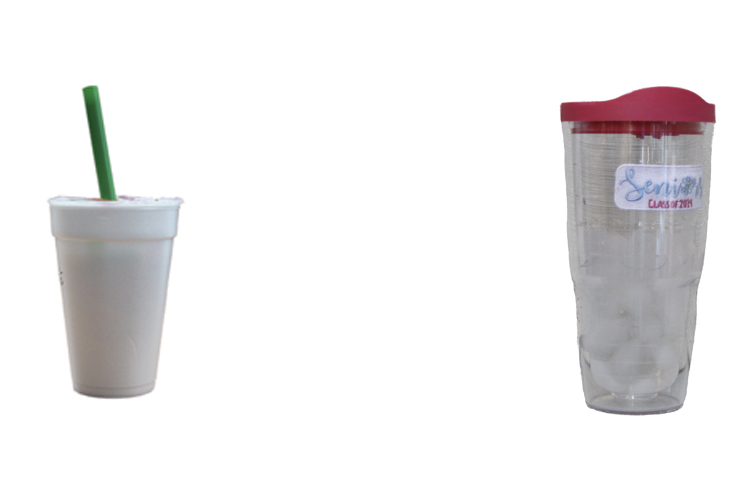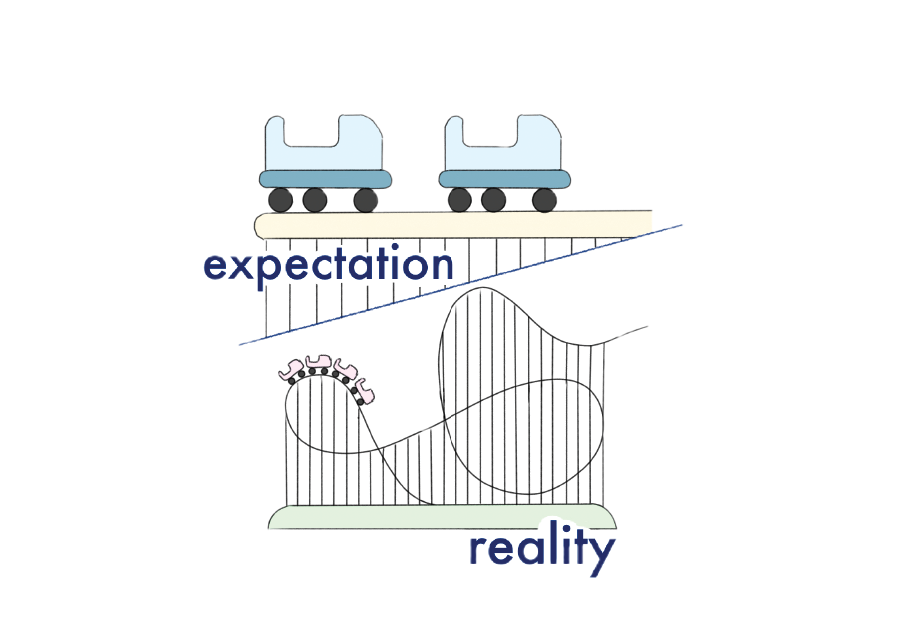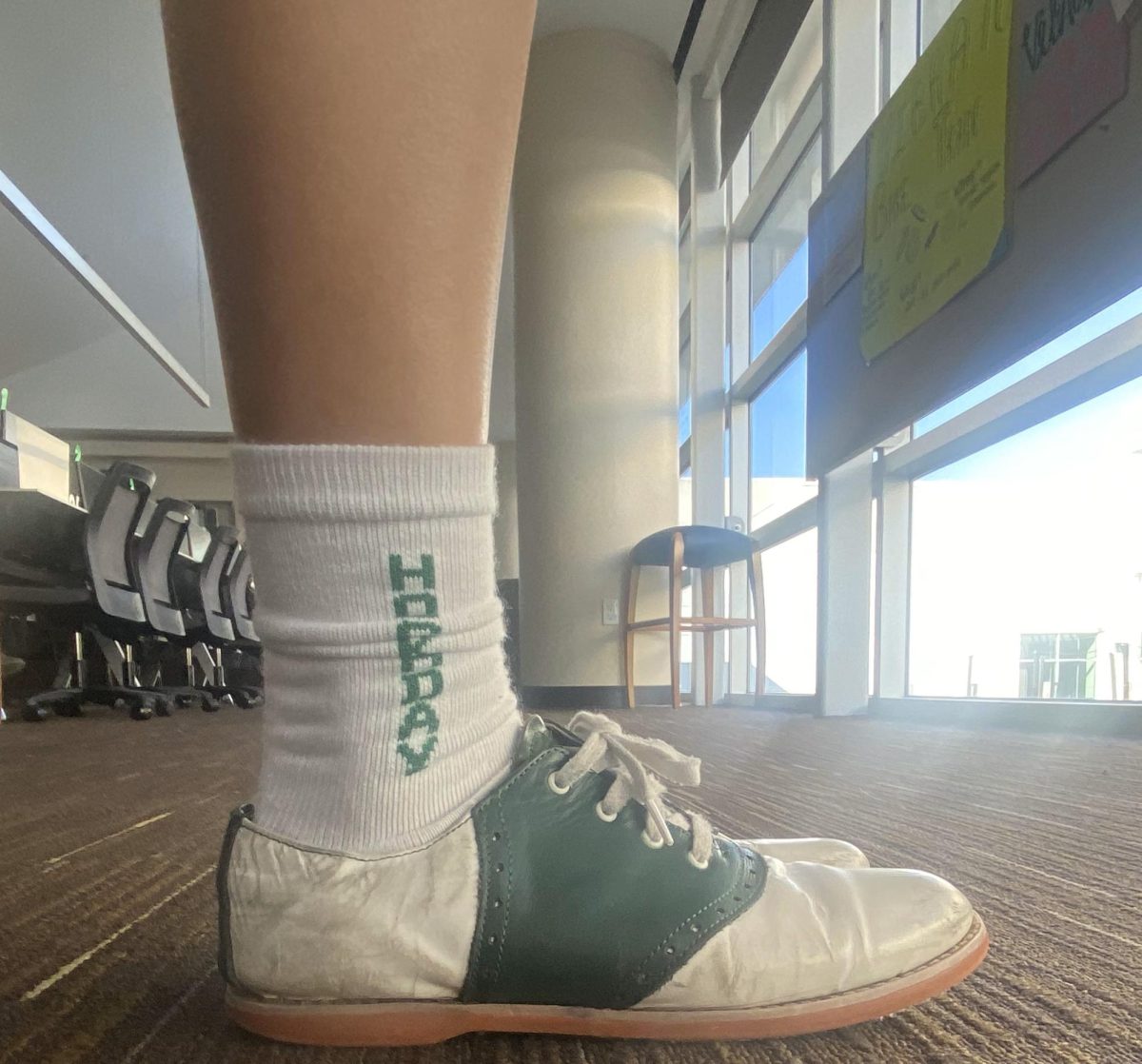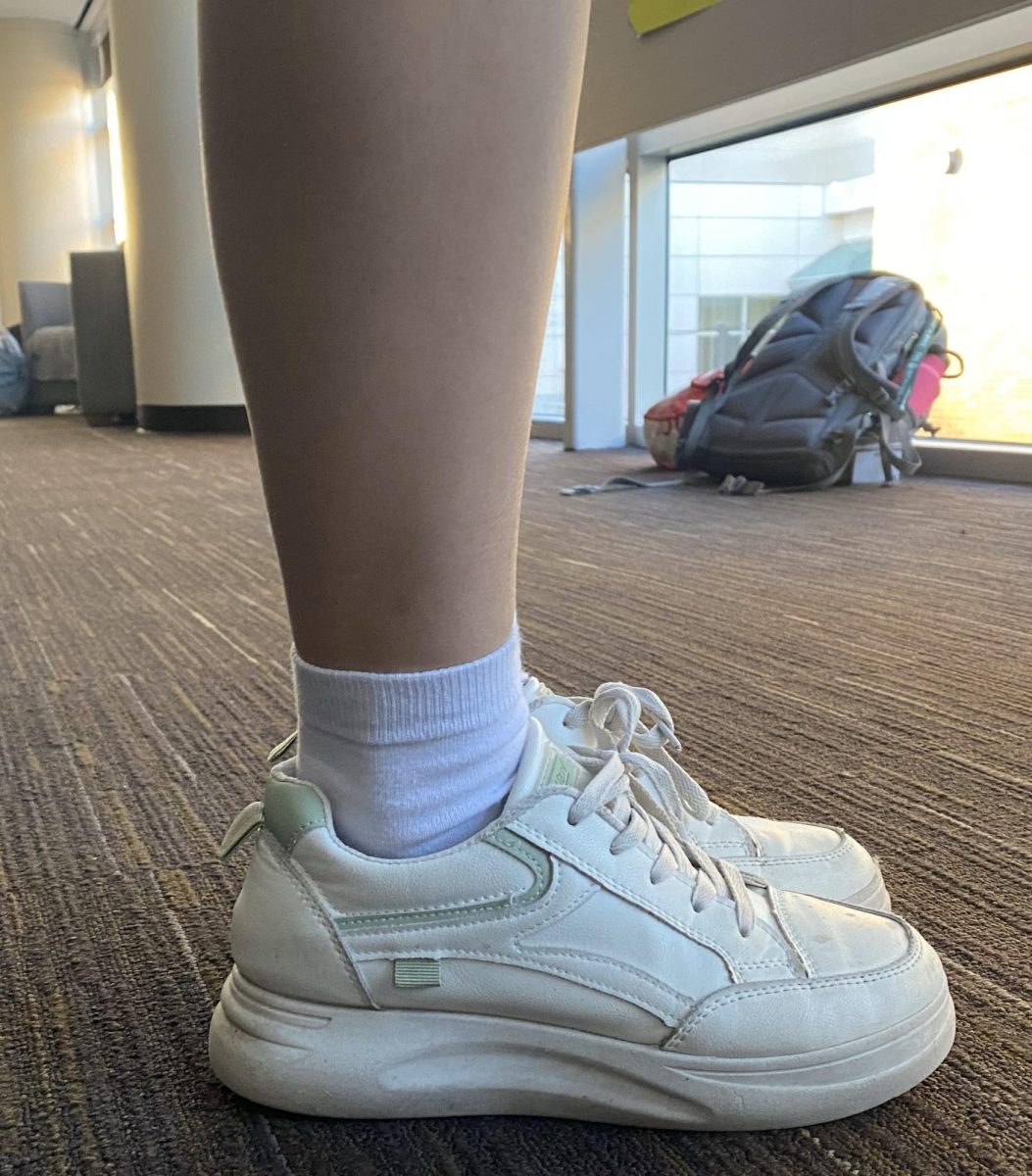Over the past few months, the nation has debated whether or not straws should continue to be used in spite of their ecological damage. In this issue, writers of The Fourcast take a stance on if straws should continue to be used, particularly in everyday situations.
PRO
In the past, you would accept a straw from your waiter or waitress without hesitation. But now, that straw might be accompanied with a dirty glance. Now, more than ever, people all around the world are becoming more aware of the environmental repercussions of straws.
The anti-straw movement went viral this summer, after a video of a sea turtle with a straw painfully lodged in its nose appeared on social media. Since then, some large chains such as Starbucks and influential celebrities like Tom Brady have pledged to stop using plastic straws. Starbucks has completely banned straws in the state of Washington and has replaced them with plastic lids, which are recyclable.
However, a study conducted in August 2018 by Ipsos, a market research company, and Buzzfeed News showed that 59 percent of Americans “would prefer to always receive a plastic drinking straw when they order a beverage at a fast food restaurant.” Furthermore, 74 percent of Americans report “that they have used at least one plastic straw in the last week.”
These statistics, which heavily lean towards the pro-straw side, are ones that I can relate to. I prefer to drink from a straw when I go out to restaurants because of sanitary issues. Also, to be honest, the chance of me spilling my drink on myself, the table or others is pretty high without a trusty straw.
Some companies, such as Snappy Salads, have been using paper straws for a while. These straws are undeniably better for the environment, due to their ability to be recycled. Additionally, there are numerous plastic straw substitutes, including metal ones that can be washed.
But there are some people that still aren’t convinced. The main argument for the pro- straw community is that people with disabilities sometimes need straws to drink. Some say that they don’t like the inflexibility of the metal straws, while others find issue with paper straws due to the straws becoming softer the longer they remain in the drink.
As someone with a brother with special needs, we use straws pretty frequently in our house. However, my family reuses our straws by putting them in the dishwasher, an option that many don’t consider. We have also ordered metal straws for everyday use. I do believe that the anti-straw movement has good intentions. I realize that straws are harmful to the environment and to sea animals. But we also have to consider those who need straws simply just to drink. The best course of action, in my opinion, is to limit the number of plastic straws available at restaurants and to recommend using paper straws or discounts for bringing your own metal straws.
If using straws at home is non-negotiable for you, consider reusing them by putting them in the dishwasher, or buying metal straws. This way, we still keep environmental damage in mind, while being able to continue using straws.
CON
Fat Straws supports my life. For all those dreadful evenings with 30 pages of APUSH readings, a math problem set and an english paper on “The Great Gatsby,” it was these refreshing drinks that gave me a wind that I needed to complete my work. But while those sweet, colorful straws carry the energizing milk tea into my mouth, it would be truly appalling for me to picture those straws wreaking and destructing the world.
Emerging from your darkest nightmare, straws have the potential to be dementors— feeding not on souls but on lives. While these little straws deliver drinks to our mouths, they also strip a sea turtle of its life, whose nostril and portion of throat was completely blocked and injured by a plastic straw.
A disturbing video depicting the above scene emerged on major media outlets in late 2015. First posted on the Facebook page of an organization called Plastic Pollution Coalition, the eight-minute video has over 89,000 views on Facebook now.
In this extremely-upsetting video, two scientists started off by attempting to extract a short plastic straw from a sea turtle’s nostril. Despite its shocking opening, the following content of the video is even more bombastic and alarming. Crimson blood streamed out of the turtle’s fragile nose as the scientists pulled at the straw, while the turtle continued to shake its head in unimaginable, horrible pain.
The short video created an internet-wide debate on the importance of protecting the environment. But for me, what it really created was a fear.
It was not a completely out-of-blue scare of something on the internet. I’ve always thought about fear as a biological gift, something that guarantees most animals the ability to sense danger and to dodge them. When the sea turtle trembles in pain with blood rushing out of its nose, the fear that awakened inside of me was simple—the pain was as real as the burning in my throat, and I was frightened by picturing a human with a straw deep inside his or her nostril.
This imagination is indeed very unlikely to be real. Under very rare circumstances will we ever witness such a disturbing injury on humans. But isn’t it frightening enough to realize that it is not uncommon to encounter a sea creature who suffers from similar pain?
According to the Strawlessocean foundation, an estimated 71 percent of seabirds and 30 percent of turtles have been found with plastic in their stomachs. Accompanying this horrifying rate is the mortality rate of 50 percent after a sea animal consumes plastic.
Each day, about 500 million straws are used. Therefore, a straw, a rather mundane item that is too light to sink, is extremely dangerous. But it is not only our lives where straws exist. They can also exist in a seagull’s stomach, a fish’s bladder or a turtle’s nose.
So the next time when an adorable red straw waits peacefully in the bin at Fat Straws, I will not be so quick as to fetch it. After all, paint is not the only thing that makes a straw red.
Story by Emily Wu and Ponette Kim
Photo by Michelle Chen










